|
|
|
|
Nau mai haere mai, thanks for reading this week’s newsletter.
There was plenty of drama this week around the launch in Tokyo of something called the Indo-Pacific Economic Framework (IPEF). Newly elected Australian PM Anthony Albanese was quickly sworn in so he could attend, and Jacinda Ardern joined by video link before jetting off to the US where she hopes to discuss the new alliance with its main architect, Joe Biden.
But what exactly is the IPEF? According to the University of Auckland’s international trade law expert Jane Kelsey, it’s “an enigma, a high-level idea in search of substance.” The other question it raises, though, is where this leaves New Zealand’s China policy.
As Kelsey writes, “For years successive governments have sat on the fence, assuming they could divorce the country’s economic dependency on China from strategic alliances that were increasingly anti-China.” The scale of that economic dependency now, however, makes “the IPEF’s overtly anti-China strategy a real economic liability”.
There’s much more to read here and on our homepage, including two excellent arguments for greater investment in cycling infrastructure and against our obsession with large cars and SUVs.
See you next week, mā te wā.
|

|
Finlay Macdonald
Senior Editor, New Zealand
|
|
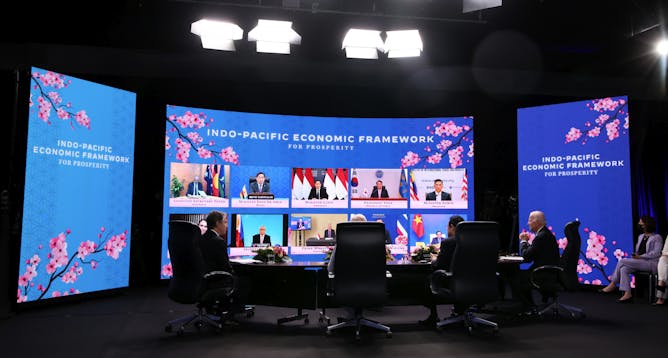
Jane Kelsey, University of Auckland
For years, New Zealand has tried to separate its economic dependency on China from its pro-Western strategic alliances. The new Indo-Pacific Economic Framework tests that balancing act even more.
|
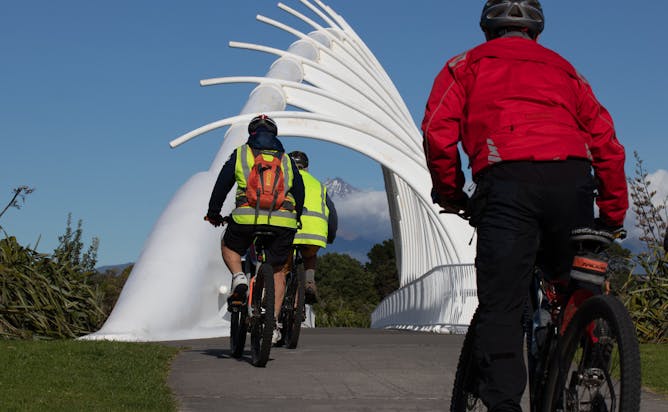
Simon Kingham, University of Canterbury
Transport planners estimate money spent on high-quality cycling infrastructure yields benefits between ten and 25 times the costs.
|
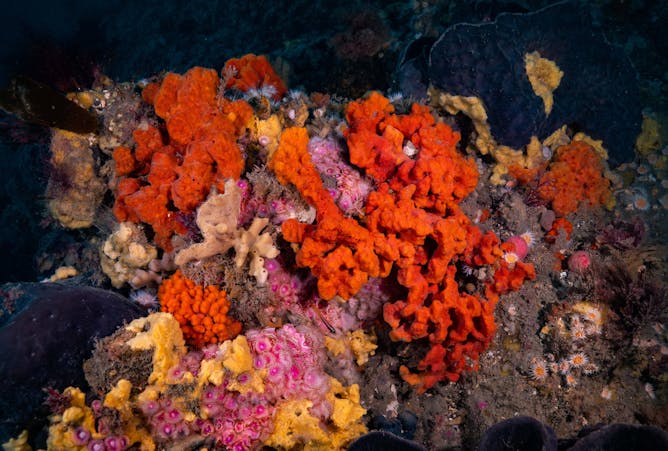
James Bell, Te Herenga Waka — Victoria University of Wellington; Alice Rogers, Te Herenga Waka — Victoria University of Wellington; Francesca Strano, Te Herenga Waka — Victoria University of Wellington; Valerio Micaroni, Te Herenga Waka — Victoria University of Wellington
You may not have heard of ‘temperate mesophotic ecosystems’, but science is beginning to understand the vital role these ocean zones play – and the need to protect them.
|
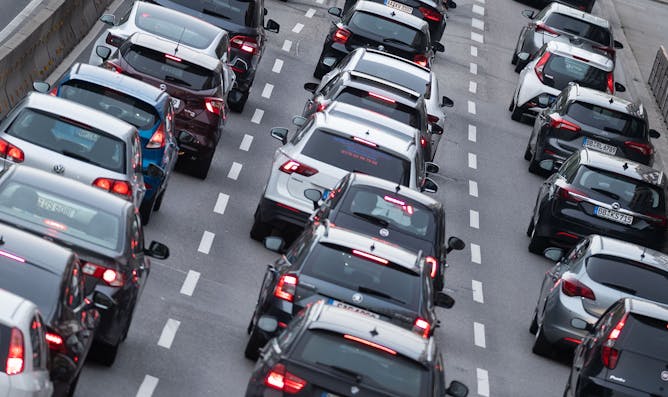
Jen Purdie, University of Otago
The New Zealand government has set the goal of net zero by 2050 but to get there, New Zealanders will need to let go of our big cars and embrace smaller options.
|
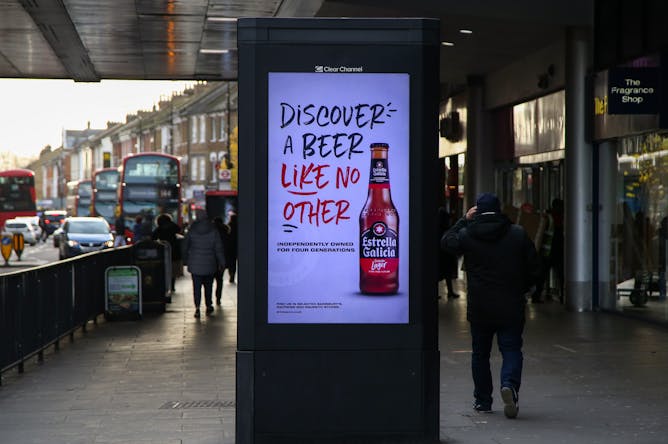
Sally Casswell, Massey University
Cross-border advertising and the metaverse are pushing governments to reassess how they manage the potential harm caused by alcohol advertising. Is New Zealand doing enough?
|

Jennifer Curtin, University of Auckland; Komathi Kolandai, University of Auckland; Oluwakemi Igiebor, University of Auckland; Suzy Morrissey, University of Auckland
Only by requiring state agencies to budget and plan for gender equity can genuine well-being be achieved for New Zealand’s women.
|
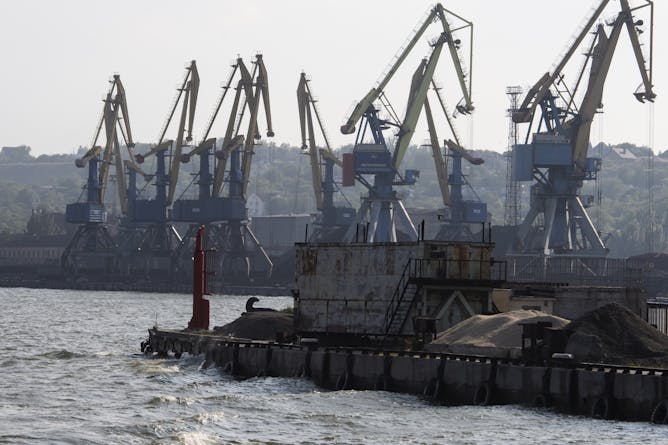
Alexander Gillespie, University of Waikato
Ukraine is one of the world’s breadbaskets, but exports have been blockaded by Russia. Despite grave potential consequences in famine-prone countries, international law is largely silent.
|
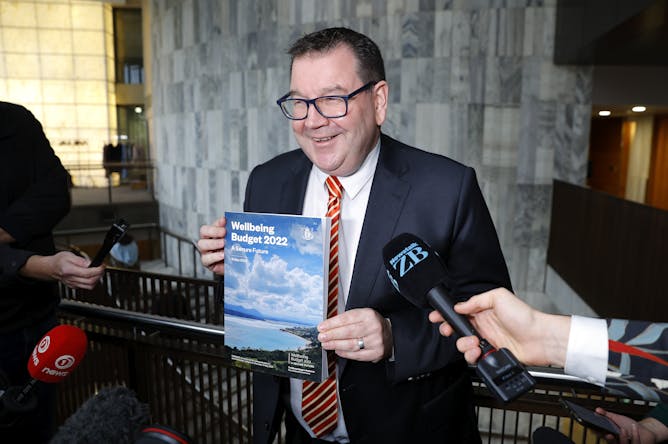
Richard Shaw, Massey University; David Hall, Auckland University of Technology; Kate C. Prickett, Te Herenga Waka — Victoria University of Wellington; Michael P. Cameron, University of Waikato; Nina Ives, Auckland University of Technology; Stephen Hickson, University of Canterbury
Our experts weigh up the winners and losers in a budget that had to balance an immediate cost-of-living crisis with long-term ambitions for health and climate change.
|
From our foreign editions
|

Sarah Hellewell, Curtin University
The effects of COVID and a new treatment for it are leaving a bad taste in the mouth for many. How do we detect what’s salty, sweet, bitter, sour or umami?
| |
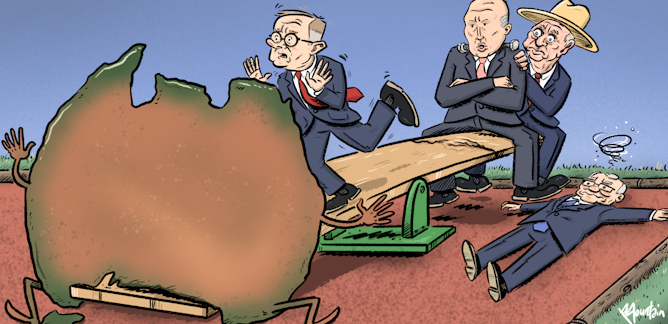
Frank Bongiorno, Australian National University
Yes, Labor has won office with an historically low first preference vote- but focussing on this might be misreading the electoral mood.
|

David Larsson Heidenblad, Lund University
In June 1972, the first United Nations conference on the human environment coincided with the release of David Bowie’s iconic Ziggy Stardust album. Both still feel disturbingly relevant today
| |

Ed Feil, University of Bath
How deadly is monkeypox? Why is it called monkeypox? Is it related to chickenpox? All your questions answered.
|
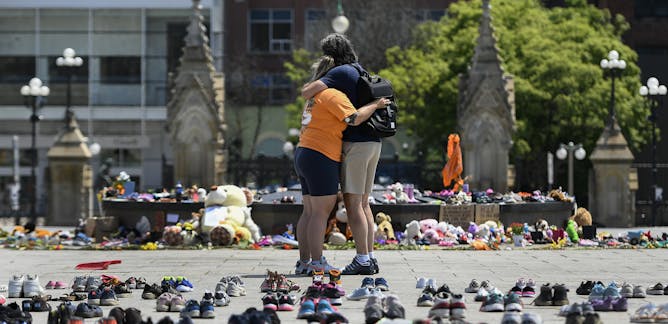
Vinita Srivastava, The Conversation; Haley Lewis, The Conversation
In today’s episode of Don’t Call Me Resilient, we take a look at what has happened since the unmarked graves of 215 Indigenous children were found in Kamloops B.C.
| |
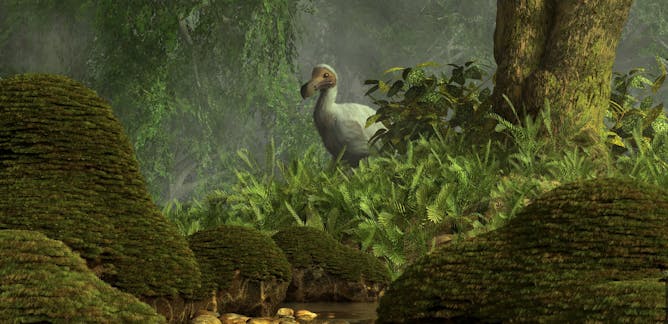
Arne Mooers, Simon Fraser University
Species are declared extinct when there have been no verifiable sightings for 50 years. Declaring a species extinct has implications for conservation efforts and policies.
|
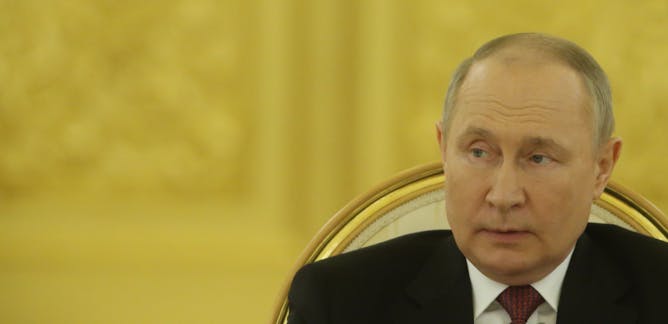
Lowell Barrington, Marquette University
Studies on Ukraine going as far back as the late 1990s and early 2000s showed that the country’s population was connecting less and less with Russia.
| |

Kai-Cheng Yang, Indiana University; Filippo Menczer, Indiana University
Elon Musk’s focus on the number of bots on Twitter, whether genuine or a distraction, does little to address the problems of misinformation and spam. A pair of social media experts explain why.
|
|
|
| |
| |
| |
| |
|
|
|
|
|
|
|